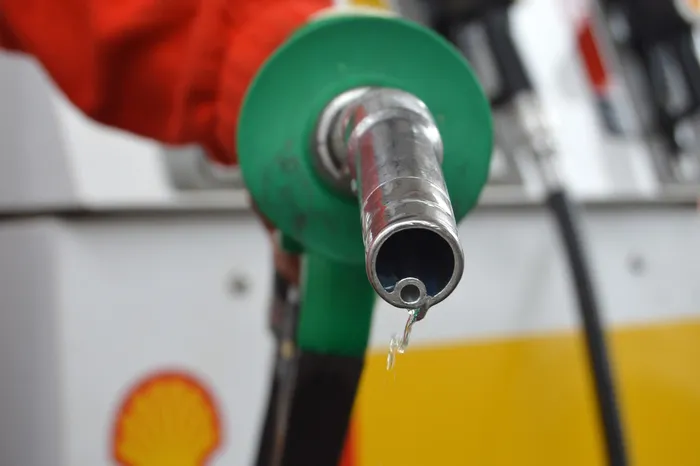
South African motorists will experience a mixed bag of fuel price changes as petrol prices decrease while diesel costs rise.
Image: Tumi Pakkies / Independent Newspapers
While there will be some relief at the pumps for motorists using petrol-powered vehicles, diesel users will have to fork out more for the fuel.
According to a statement from the Central Energy Fund, which acts on behalf of the Department of Mineral Resources and Energy (DMRE) in South Africa, the following price adjustments take place from the first week of August 6:
The statement said the fuel price adjustments were due to the decrease in the average international product prices for petrol whilst the prices for diesel and illuminating paraffin increased during the period under review.
The CEF also said the Rand appreciated against the US Dollar during the period under review, on average, when compared to the previous period. The average Rand/US Dollar exchange rate or the period 27 June 2025 to 31 July 2025 was 17.7653 compared to 17.8443 during the previous period.
“This led to a lower contribution to the Basic Fuel Prices on petrol, diesel and illuminating paraffin by 4.444 c/l, 5.014 c/l, 4.779c/l respectively.”
Meanwhile, reports that Minister of Mineral and Petroleum Resources, Gwede Mantashe, has revealed that a new programme has been set up to tackle petrol stations that are selling adulterated fuel across the country.
The country has been struggling with widespread fuel adulteration and illegal smuggling for several years, costing the country around R 3.6 billion annually.
According to the South African Revenue Service (SARS), criminals are mixing diesel with cheaper substances like paraffin and under-declaring fuel imports to evade taxes.
In response, government agencies, including SARS and the police, have stepped up joint operations in recent years, shutting down illegal depots and seizing millions of litres of contaminated diesel. However, the problem still persists.
In a recent parliamentary reply, Mantashe revealed that the Department has established a fuel sampling and testing programme.
The minister added that the department also conducts both random and scheduled fuel sampling and testing to verify compliance.
Related Topics:
